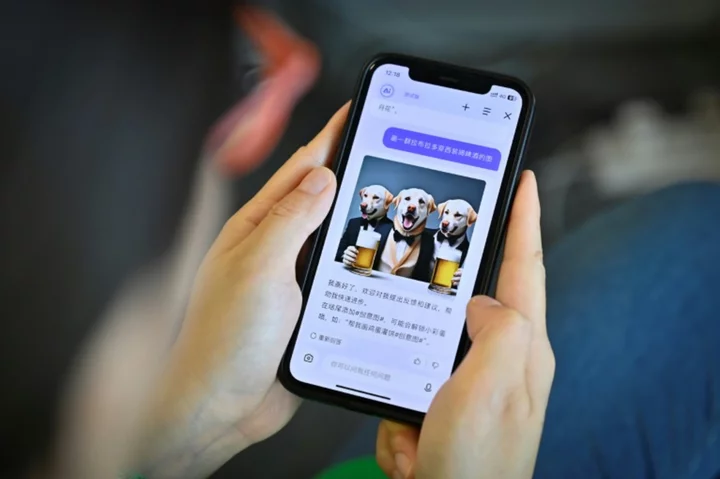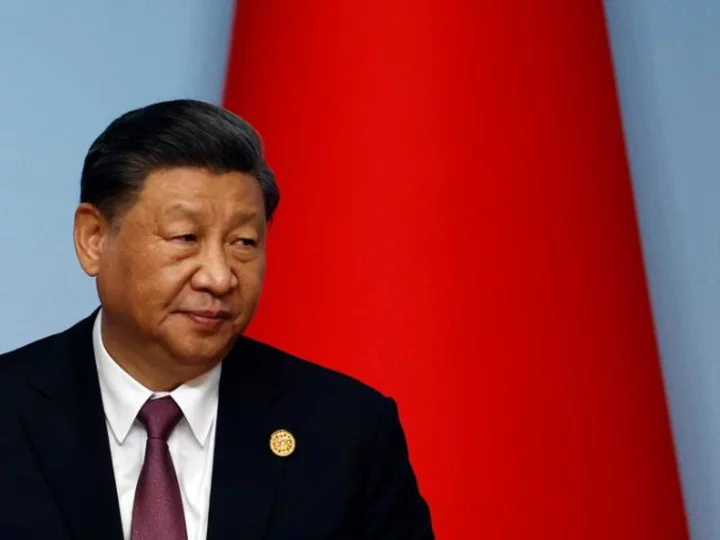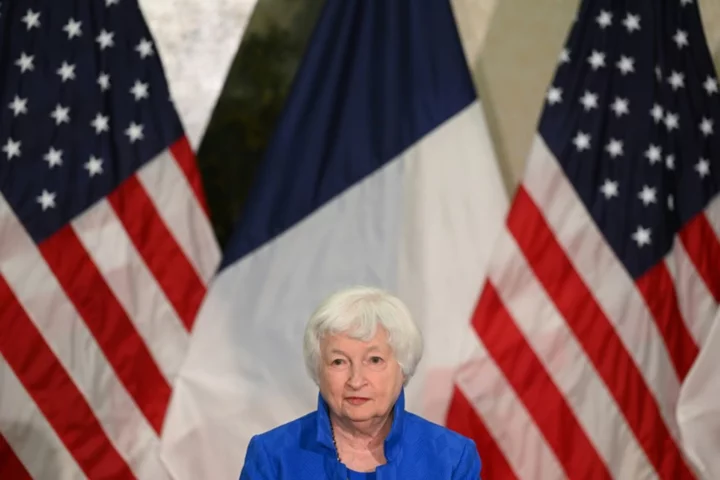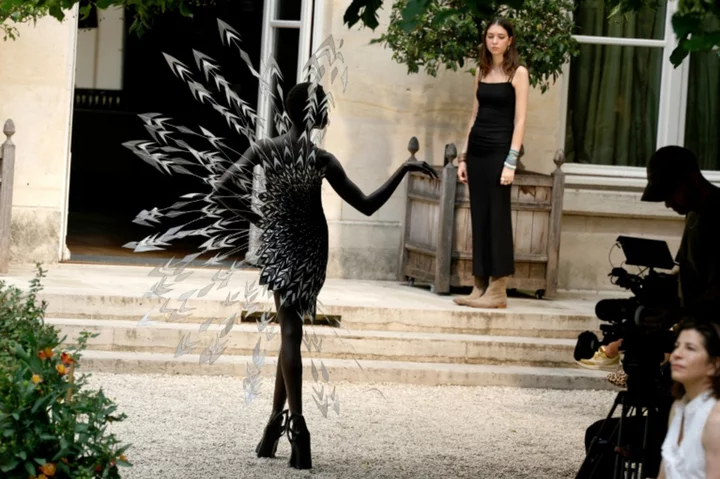Chinese internet giant Baidu unveiled the newest version of its AI chatbot ERNIE on Tuesday, claiming it rivals the capabilities of OpenAI's latest ChatGPT.
Baidu led Chinese tech firms in rolling out generative artificial intelligence apps, which are trained on vast amounts of data and interactions with users to answer questions, even complex ones, in human-like language.
Released to the public in August, ERNIE marked a major step for China's tech sector, which is aiming to compete with the likes of Microsoft and ChatGPT maker OpenAI while staying within strict government controls.
Robin Li, Baidu's founder and CEO, said during a presentation that ERNIE's "comprehension, creation, logic, and memory... are in no way inferior to those of GPT-4", referring to OpenAI's latest model.
AFP was unable to independently verify the claim.
Li then grilled ERNIE with a series of puzzles, and asked it to write the outline for a martial arts novel.
The bot set to work, gradually creating new characters as the audience followed the composition in real time on a giant screen.
The latest version of ERNIE is currently open to select developers and not available to the public.
Chinese tech firms have ramped up investments in the technology after the success of ChatGPT sparked a global AI gold rush.
The internet is tightly controlled in China, however, and ahead of the rollout of domestic chatbots such as ERNIE, the government published guidelines on the development and use of generative AI.
Content generated by this tech must "reflect core socialist values and must not contain (elements relating to) the subversion of state power", according to regulations.
These controls prevent ERNIE from answering any questions on subjects considered sensitive by Chinese authorities, such as the country's leadership or its 1989 crackdown on pro-democracy protests.
When tested by AFP in August, ERNIE would ask to "change the topic" when queried on Tiananmen and Taiwan, the self-ruled island that China considers its territory.
sbr-pfc/oho/dan/qan









